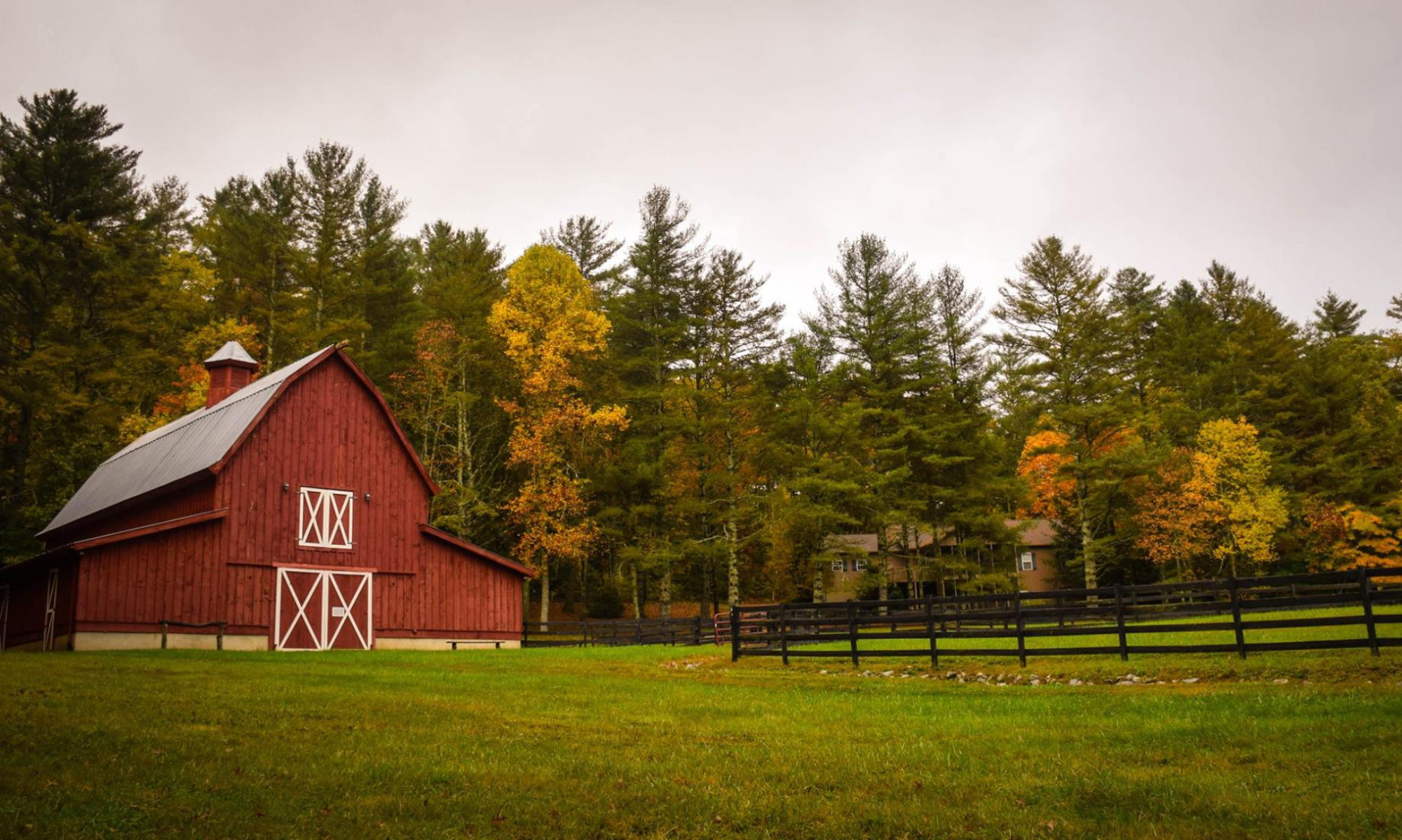The Iowa Farm Bureau (IFB) recently launched a new initiative to Renew Rural Iowa. The effort will focus on medium and large businesses located in rural Iowa, encouraging them to expand their businesses, and create more jobs in rural communities. We need to build our rural business infrastructure, and someone needs to do sustainable work in this area. But one wonders why the Iowa Farm Bureau is focusing their efforts on expanding non-farm businesses in rural communities. Their own answer is somewhat astounding:
Why is Iowa Farm Bureau focused on this initiative?
Nearly 90 percent of farmers today derive part of their income from off-farm employment. The Iowa Entrepreneurial Report Card, released every year from Washington, D.C., shows Iowa ranks last (50th) in new business creation and long-term employment growth. That, coupled with declining population trends, puts Iowa at risk for losing even more family farmers.
The IFB is apparently worried that the farmers in Iowa might not have access to adequate off-farm income to supplement their farm-related income. Rather than focusing on agricultural policy reform that would make it possible for farmers to make a decent living by farming, the Farm Bureau seemingly wants struggling family farmers to be able to spend more time working off the farm.
Nevertheless, creating and sustaining businesses located in rural communities is important, but here careful attention to the types of businesses the IFB wants to foster is warranted. Defining their target audience the Farm Bureau writes:
1. Anyone with an existing business, or planning to start a business that will generate in excess of $500,000 in 12 to 18 months.
2. Anyone who has a business plan that demonstrates the ability of generating in excess of $5 million in 3 to 5 years through interstate commerce.
3. Anyone with a place of business located in an Iowa community that is less than 30,000 […]
This initiative hardly sounds like a program for new, small-scale, rural-entrepreneurs destine to repopulate Main Street storefronts, and bring critical services to rural Iowa.
Additionally, the IFB’s sole partner organization in the initiative is the Entrepreneurial Development Center (EDC). This Cedar Rapids-based group touts its own vision as providing “economic growth in the Cedar Rapids / Iowa City Technology Corridor through the development and expansion of entrepreneurial enterprise.” This corridor is only marginally “rural,†and EDC is backed by decidedly non-rural funders such as the Cedar Rapids Chamber of Commerce.
The initiative website also hosts a press release (pdf) with praise from the CEO of the controversial company Trans Ova. Trans Ova has come under attack in recent years for genetic engineering and cloning of cows to produce pharmaceuticals in their milk.
Thus, on two more counts the motive of this initiative is called into question.
Unfortunately, this sort of behavior is hardly unexpected from the Farm Bureau. The Farm Bureau has long claimed to be the “largest farmer-member organization” in the country. In reality they are an insurance provider and a lobby for large agribusiness. They helped drive the consolidation of agriculture, and establish current farm policy that now makes family farmers dependent on off-farm income.
The Farm Bureau hasn’t made any move to convince me that want any more farmers, and they are not particularly concerned with new and innovative ways for current farmers to make a decent living on the land.
To people who follow the Farm Bureau and agriculture policy this is no surprise. But their Renew Rural Iowa initiative once again reveals that their real concern is not the revitalization of rural communities through an invigorated farm-economy. Perhaps they are hoping to mask the true devastating effects of the agriculture policy that they helped write.
Rural communities need a diverse economic base, and this must include more than just agriculture jobs. But in Iowa, it must also include a vibrant agricultural sector.
Note: Thanks to reader SW for additional analysis on this topic.
